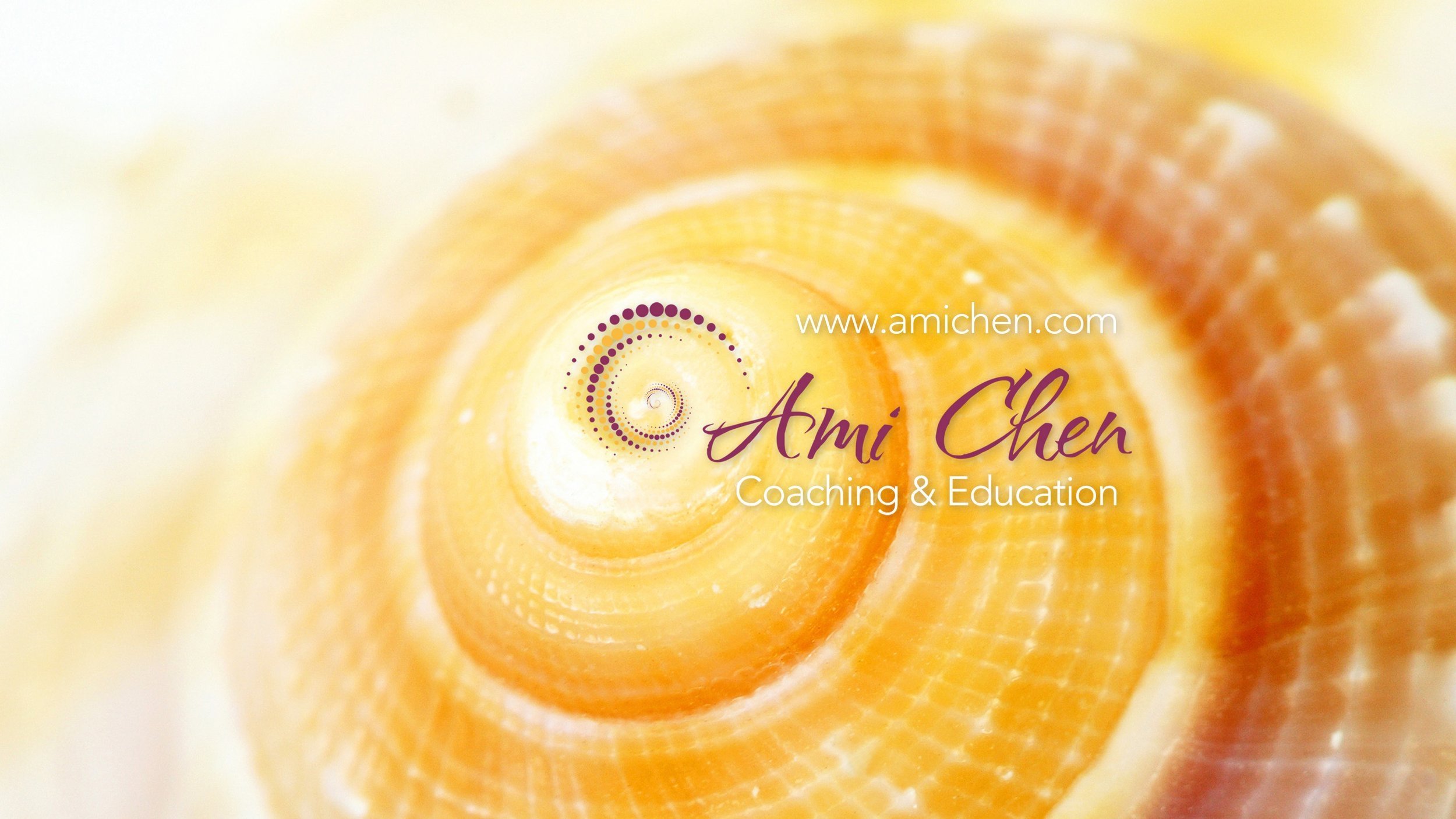Understanding Thought
and Finding Emotional Health and Immunity from Stress
Dear Friends: I wrote this for an on-line newsletter at the request of an organization that asked me to give a talk on "immunity from stress." I thought it might be helpful to re-post it here. I find this kind of strict, self-help-y writing a bit dry, actually. But I think, and hope, the content might be useful for you and yours.
“Nothing is good or bad, but thinking makes it so.” --William Shakespeare.
For decades, researchers have shown that “stress” impacts physical health. To date, doctors, therapists, and the media have generally defined stress as a traumatic experience: a divorce, or breakup, the death of someone close, a health or financial crisis or other “major” life event most would interpret as negative.
In my work of two decades, however, learning and then teaching people in a range of settings (from young people in juvenile hall and adult inmates to teachers and organizational executives) the role that Thought—as a creative, causal principle—has in creating emotional reality, my conclusion is much different. Life circumstances have impact, of course, but it is the way we think about such circumstances that creates “stress,” or even well-being, in the face of life’s events.
One young woman I know, who was a student of the “3 Principles” I teach, and then became a teacher herself, has lived with advanced multiple sclerosis for several years. She has difficulty walking and climbing stairs, and must be helped eating, because of her tremors. At a retreat she attended with us at Mount Madonna Center, she described her condition as “a gift” that had opened her to new worlds of learning. “I am one of the luckiest people in the world,” she said.
Dr. Peter Ubel, a University of Michigan researcher and author of “You’re Stronger Than You Think,” found that people who had gone through “stressful events” in their lives, had lost both their legs, or undergone complete colonostopies, for example, were actually just as happy as their healthy counterparts with more “normal” lives.
Studies by Daniel Kahneman, a Nobel-prize winning psychologist, showed that what society thinks of as “positive” circumstances, such as wealth and its perceived freedom, or power, has almost no effect on happiness and well-being, after people escape from poverty.
How people think, and what they think: how much gratitude they feel (no matter what their lives look like) and how much they engage in thoughts and feelings of love and generosity are the causal factors for emotional resiliency and well-being.
I experienced a miscarriage during my first pregnancy, after I got married. I was sad for some time, of course. But by understanding the role Thought played in my life, I had no inclination to “carry thinking” about the miscarriage into my future, or to interpret the event as especially negative.
Seeing Thought is a wonderful opportunity for all of us to gain emotional health and immunity from stress, because the truth is that we are not our thoughts. The truth is also that life will continuously throw apparent “problems” our way—death, illness, wayward children, conflict, difficult family members.
We do not even need to resolve our problems to become happy and emotionally strong. Rather, our very perceptions of such “problems” constitutes the mental “soup,” or consciousness, we live in. When we perceive problems as difficult and un-resolvable, for instance, our thoughts create feelings of hopelessness and despair—mental “stress” that ignites a chemical cascade throughout our bodies, and ultimately (and of course!) impacts physical health.
When we create a more objective relationship to Thought, as the great spiritual teachings of the world have taught, we see that peace of mind and well-being exist within us already, at our core, regardless of what we are going through. Indeed, peace of mind helps us navigate life’s obstacles with wisdom, grace and clarity. Or rather, finding peace of mind allows us to appreciate Life, the flow and dance of Life, no matter what we are going through.
With Love,
Your Mystical Mama
P.S. An important note: although our thinking impacts our physicality (of course!), do not let this fact be an added judgment on yourself. We are all human and suffer through many unhappy thoughts and physical states. It is so lovely to get off our own cases! Do you know what I mean? ... Of course you do!
